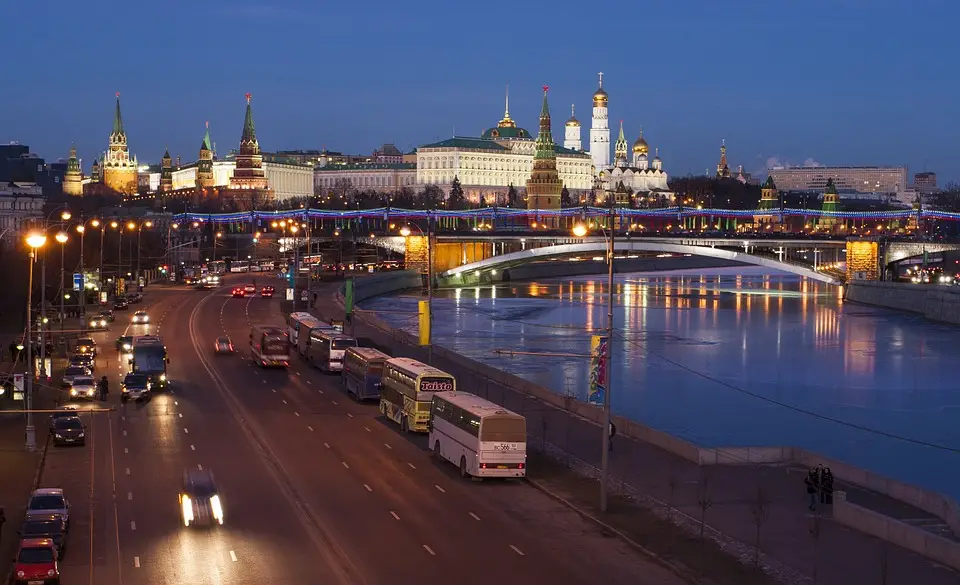As Poslovni Dnevnik/Marija Crnjak writes, other sectors of the economy that have openly condemned Russia’s invasion of Ukraine have been joined by officially European tourism.
A statement on Thursday issued a statement from the European Travel Commission, whose members condemned Russian President Vladimir Putin’s aggression, while helping refugees in need of services such as transport or accommodation.
Support has also been announced for all those who will suffer damage because they will be left without tourists from Ukraine and Russia this season, after the losses brought to them by the global coronavirus pandemic over the past two years. The Republic of Croatia has also suspended all marketing activities on the Russian market, but as has since been found out, the Croatian Tourist Board Moscow office still formally exists.
As it is known, the office headed by Rajko Ruzicka is also in charge of the Ukrainian market. Back in pre-pandemic 2019, Croatia had a total of 1.8 million overnight stays from these two markets. “Given the situation, all promotional activities on the Russian market are currently suspended, and we’re in daily contact with the director of the Croatian Tourist Board Moscow office. The Croatian Tourist Board Moscow office also covers the nearby Ukrainian market, so it’s too early to talk about the manner and dynamics of its work in the future. All decisions on the offices of the Croatian National Tourist Board are made exclusively by the Tourist Board and the CNTB Assembly,” CNTB director Kristjan Stanicic said recently.
When it comes to current events playing out across Eastern Europe and their impact on current and future tourism trends, at this time it is very difficult to predict anything in advance, according to the director of the CNTB.
“Although booking itself is currently somewhat slower, so far we aren’t really noticing any major market disruptions, which has been confirmed by the dynamics of tourist traffic, which has been stable over the past week. However, if the situation in Ukraine doesn’t stabilise soon, it’s realistic to expect that it will begin to spill over to countries in the immediate vicinity of Ukraine, and consequently to the whole of Europe.
In this context, we can hardly count on guests from distant markets, especially the USA, Canada, China… On the other hand, Croatia is primarily a car destination, we are easily accessible to our most important markets and roads, which in these circumstances is a comparative advantage,” said Stanicic.
An extraordinary meeting of the European Travel Commission (ETC) was held earlier this week to discuss the Russian military invasion of Ukraine and they expressed solidarity with the people of Ukraine. In yesterday’s ETC announcement, they emphasised that the Commission’s fundamental principle was to promote travel as a catalyst for peace, understanding and respect. This original mission is still valid today, as it was when the organisation was founded more than 70 years ago, after the end of the devastating Second World War.
“We remain steadfast in our commitment to ensuring that travel continues to build bridges between different cultures and people. The ETC is ready to support the Ukrainian people fleeing the conflict. We commend the continued efforts of our members and partners to provide transportation, shelter and food for Ukrainian refugees. There are countless examples of outbursts of support, including from our colleagues in Lithuania who have launched a website and telephone line for Ukrainian citizens who need advice on moving to Vilnius. Airbnb, an associate member of the ETC, is also offering totally free accommodation to up to 100,000 Ukrainians displaced by the war.
Another inspiring example are train operators from many European countries that have offered free travel to Ukrainian refugees. We’ll continue to work with the travel community to develop and further promote initiatives across Europe to help the citizens of Ukraine,” the ETC said.
For more, check out our travel section.








